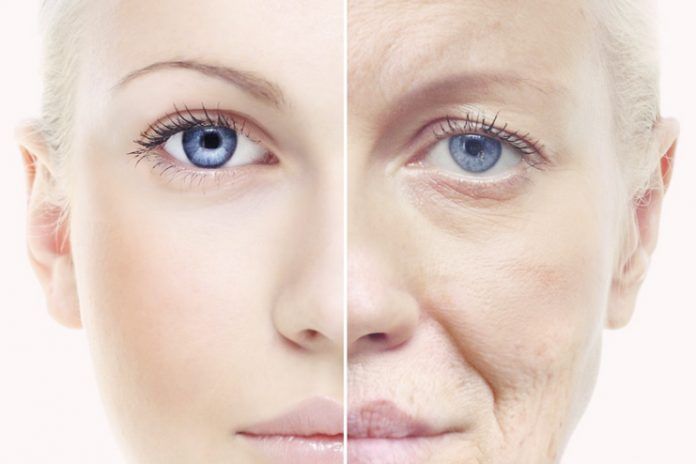Affiliate Disclaimer
Some links in this article are affiliate links. We may earn a small commission if you make a purchase through these links, at no extra cost to you. We only recommend products we find useful to our readersNobody likes and enjoys the signs of aging – the brittle bones and the fine lines and wrinkles on the face, not to mention the array of diseases that follow. But, there is some probable good news for people who always fret about the aging and anti-aging issues.
Scientists believe that the unnecessary signs and symptoms attached with ageing can finally be reversed as seen in an experiment conducted on mice. Intrigued? Shocked? Or, both?
According to the esteemed panel of researchers and scientists in Mayo Clinic, they have identified the presence of a rogue cell in the body which pivotally affects the ageing process in an individual. Their mode of infestation is similar to that of a bacterium which ends up causing the health complications one face due to ageing.
Senescent cells, as they are called, pile up in our body with our age and the excess presence of these cells in the body often ends up being destructive, in terms of health and well being, ageing too. Studies reveal that these senescent cells are so destructive that they could even perish the other healthy cells that they come in contact with.
The scientists in Mayo Clinic, in their latest research and finding (R), reveal that they have come up with a way that could easily help destroy these “aging causing” cells and even inflict anti-aging effects by removing the negative impacts that aging brings about in rodents (and possibly human too in the future).
The director of the National Institute of Aging’s Division of Aging Biology, Felipe Sierra mentioned that it was definitely a very exciting research but there needs to be more trials done in this regard to test out the possibilities of rendition of similar effect on that of human subjects like what was witnessed with the rodents.
It is not a new tale that the span of life is determined by our lifestyle along with the infestation of all the age related diseases. A part of the research panel of this anti-aging experiment, Dr James Kirkland said that their primary aim is to focus on improving health, if the extension of life span happens, that would be a nice addition to it.
For the experiment, Dr Kirkland and his team tested out the process by injected senescent cells into the body of healthy young mice. They witnessed that the mice started aging within a short span of two weeks and the aftermath of it resulted in weaker stance and frailer body frame. The same even started the premature aging of the healthy cells in the rodent thus confirming the fact that the excess of senescent cells is ghastly for the body.
Following drawing this conclusion, the scientists administered a combination of dasatinib (leukemia drug) and quercetin (plant compound) in the aging-induced mice along with naturally old mice. The results were starking as it effectively perished the senescent cells thus showcasing anti-aging effects in the rodents.
The results even went on to showcase the improved activity of the aged mice (in both induced and naturally) which was an even better confirmation about the effectiveness of the drug combination. It is still too early to detect the possible effectiveness of the drug on rewinding the signs of aging in humans.
Studies are still being conducted in this subject and the same might witness a breakthrough on the administration of this drug on human subject but there are still some errors and trials that the scientists need to get done with to cement its impact for anti-aging.




























